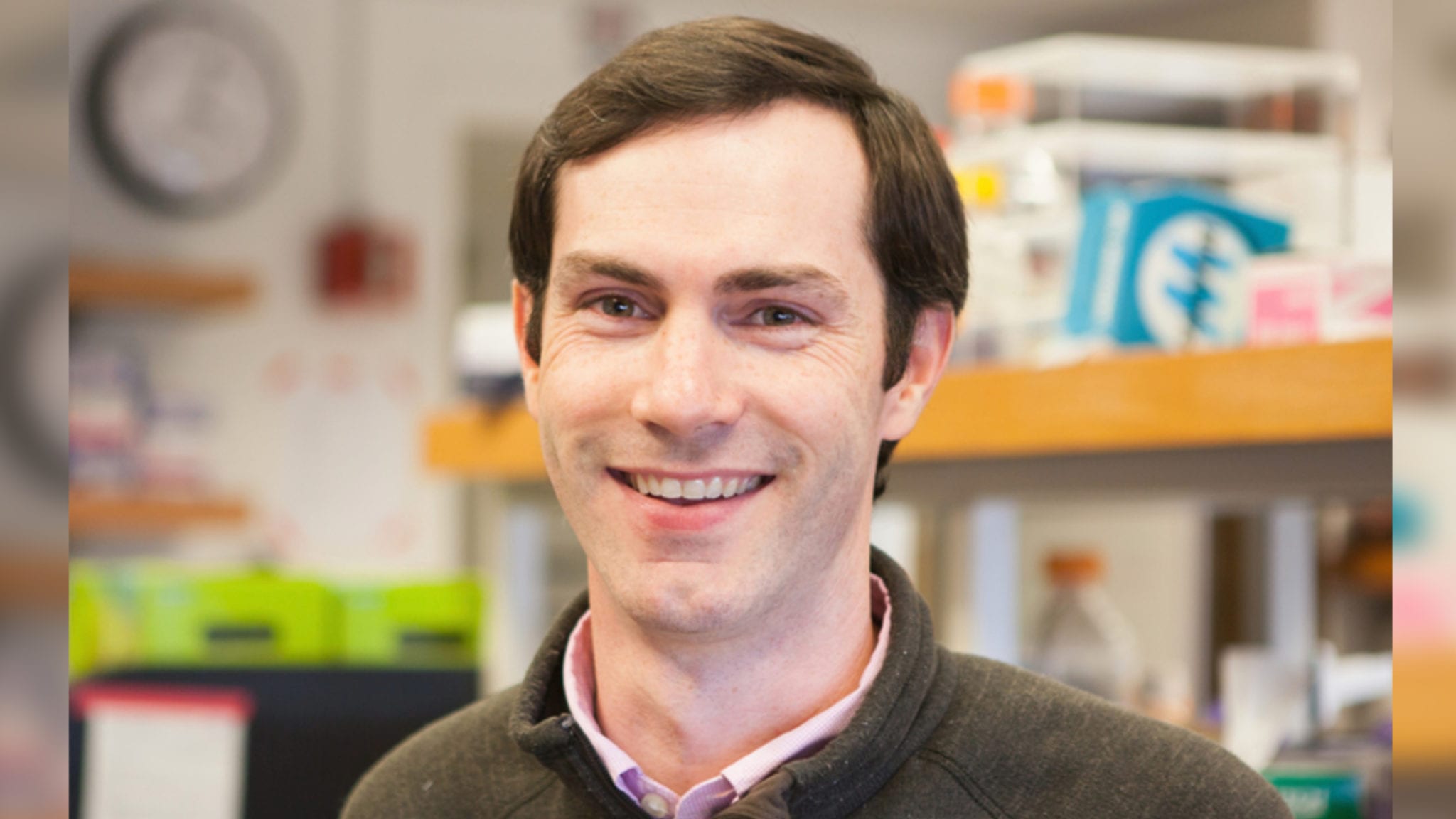
Neil King (University of Washington)
Is a 'super-seasonal' flu vaccine on the horizon? The NIH and UW are taking a shot into the clinic this April
Several biotechs and pharma companies are looking to discover a universal flu vaccine that could protect humans from any strain of the virus, regardless of …
Sign up to read this article for free.
Get free access to a limited number of articles, plus choose newsletters to get straight to your inbox.